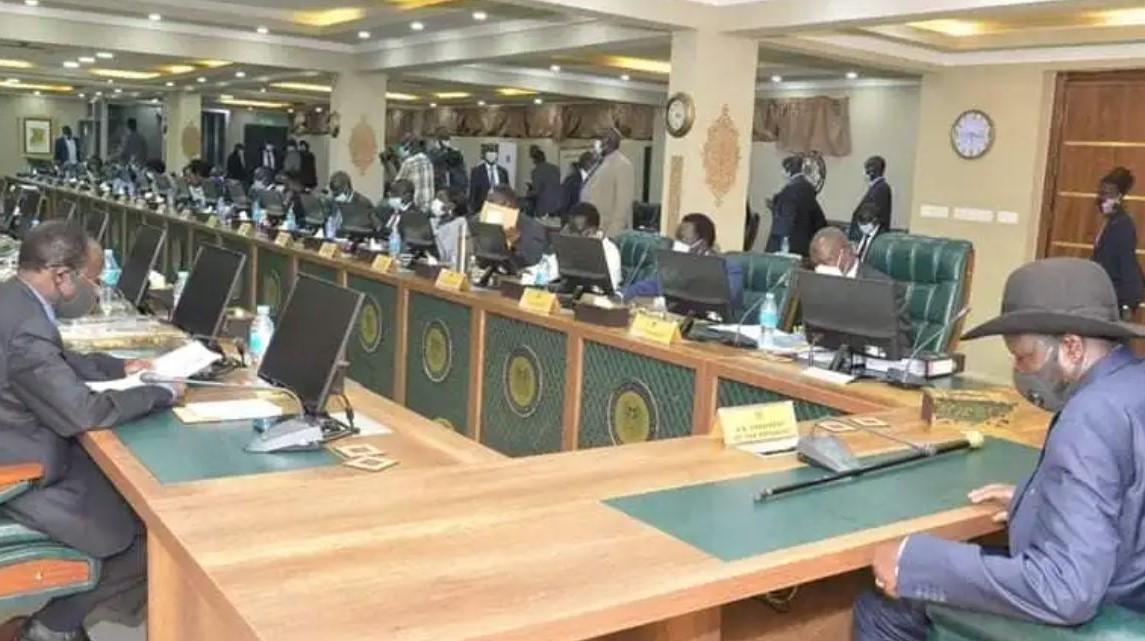Jenifer James
Africa-Press – South-Sudan. The Cabinet approved the anti-money laundering and counterterrorism financing bill after the Minister of Justice and Constitutional Affairs, Ruben Madol, presented it to the Council of Ministers on Friday.
Addressing the media after the weekly meeting, the Minister of Information, Michael Makuei, said the cabinet was satisfied and approved the bill, which will allow the country to join its regional peers in fighting terror.
“This bill, of course, is a bill for fighting terrorism and those who finance terrorism,” he said.
“This bill was passed in 2012, and this bill is now being amended in order to fit in with the new developments in the world, so this bill was passed for further presentation to the National Legislative Assembly for consideration.”
Last year, a report was released by the Sentry alleging that South Sudan faced challenges of bribery and money laundering in the oil sector.
The Sentry report, a three-year investigation into a loan deal between a local company and a regional bank with the backing of the South Sudan government, has uncovered red flags for illicit business practices, including bribery, tax evasion, and trade-based money laundering.
According to a media report published last year, the Commissioner-General of the South Sudan National Revenue Authority, Africano Mande, warned that South Sudan risked being blacklisted for not complying with anti-money laundering measures in the region.
Mande was speaking during a parliamentary session to discuss the 2023 Revenue Authority Amendment Bill.
According to Mande, the institution responsible for anti-money laundering in the region had notified the body about many companies transferring money left and right from the country.
“Many companies are transferring money left and right; we were grilled recently by an institution that is responsible for anti-money laundering in the region; we are not complying, and there are so many recommendations that have been given,” he stated.
He warned that there is a likelihood that the country is being pushed onto a blacklist, which is likely to affect some corresponding banks.
“We have not even done one per cent of those recommendations, and there is a likelihood that we can be pushed to a blacklist, which is likely to affect even the correspondents’ banks.”
The Anti-Money Laundering and Counterterrorism Financing Act 2012 Amendment Bill 2024 was passed in 2012 by the cabinet.
Source: The City Review South Sudan
For More News And Analysis About South-Sudan Follow Africa-Press






